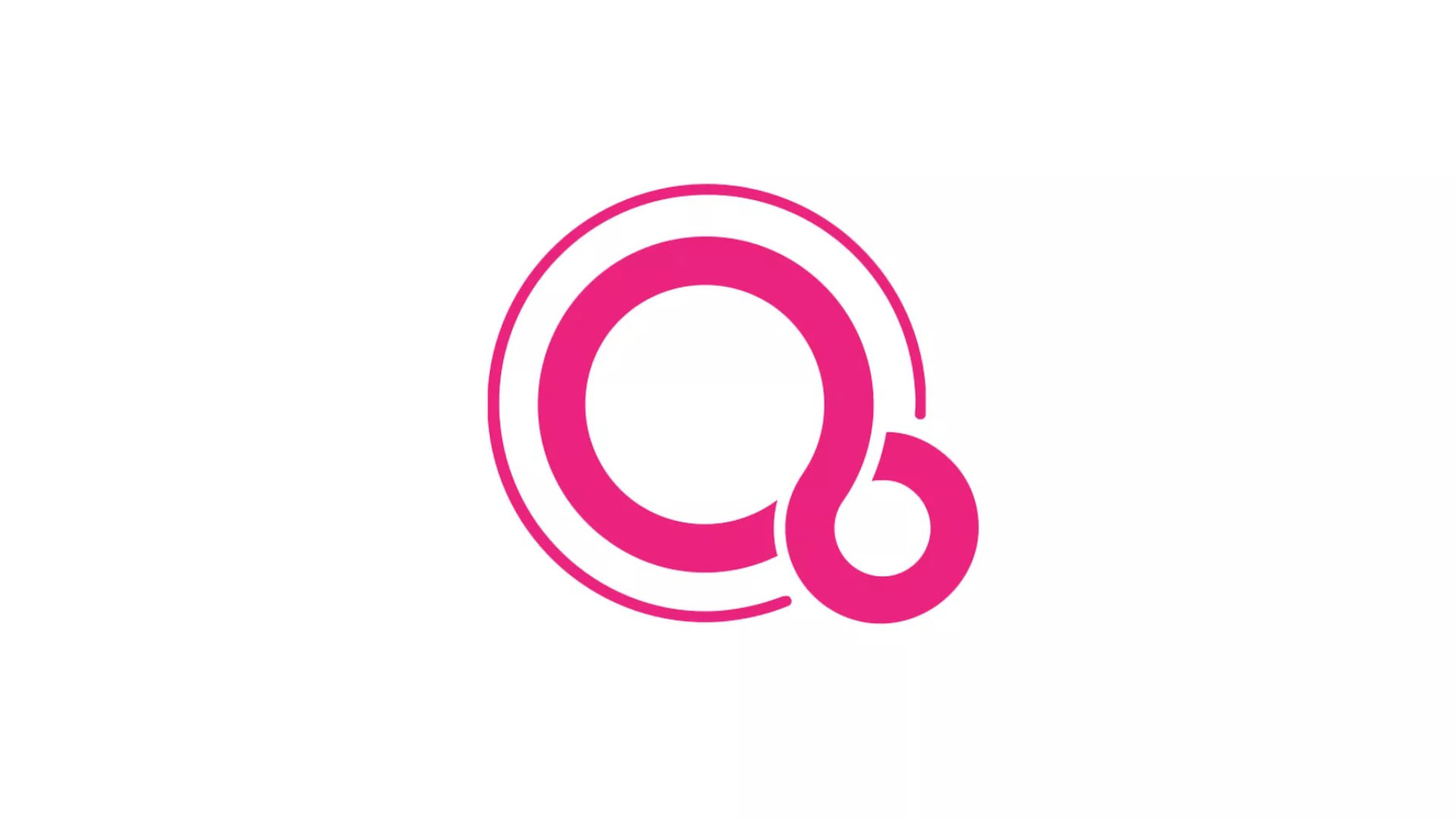Affiliate links on Android Authority may earn us a commission. Learn more.
Google says Fuchsia is about 'pushing the state of the art'
Published onMay 10, 2019

Google pulled back the curtain on Fuchsia, the company’s future operating system, just a little this week during its Google I/O developer conference. Thanks to comments made by Android and Chrome head Hiroshi Lockheimer, we now know the platform isn’t necessarily for phones, tablets, or PCs, but instead targets all form factors. Still, Google seems to be in no hurry to bring Google Fuchsia to market.
Fuchsia first entered the public domain in August 2016 when it popped up unannounced on GitHub. New details have arrived in bits and pieces since, though Google has largely kept its efforts under the radar. Many assumed the platform, which is an open source project with a custom Google kernel called zircon, would eventually replace Android or Chrome OS. What Google revealed at I/O points to a different purpose for the project.
Where does Google Fuchsia fit in?
“We’re looking at what a new take on an operating system could be like,” said Lockheimer to The Verge. “I know out there people are getting pretty excited saying, ‘Oh this is the new Android,’ or, ‘This is the new Chrome OS.’ Fuchsia is really not about that. Fuchsia is about just pushing the state of the art in terms of operating systems and things that we learn from Fuchsia we can incorporate into other products.”

Lockheimer’s comments suggest the platform is, for the moment at least, a testbed for OS concepts. Google Fuchsia code can already run on Chrome OS and Android, and yet Google has set a wider net. It may be used on hardware such as wearables and smart home devices.
“You know Android works really well on phones, and you know in the context of Chrome OS as a runtime for apps there. But Fuchsia may be optimized for certain other form factors as well. So we’re experimenting,” said Lockheimer. “Think about dedicated devices. Right now, everybody assumes Fuchsia is for phones. But what if it could be used for other things?”
Later in the conference, during the closing Android Fireside Chat, Lockheimer provided just a hint at what those “other things” might be.
“In the world of IoT, there are increasing number of devices that require operating systems and new runtimes and so on. I think there’s a lot of room for multiple operating systems with different strengths and specializations. Fuchsia is one of those things and so, stay tuned.”
No timeline
Beyond these comments, Google has made no commitment to bring Fuchsia to market under any specific timeframe. Nearly three years have passed since the platform’s origin, and we hardly know more now than we we did back in 2016. The platform is, for all intents and purposes, still deep in the pre-alpha stage as Google experiments with different form factors, and UI/UX concepts.
Google moves at its own pace, and often allows projects to stall or lapse entirely. Android can’t exist in its current form forever. For the moment, however, we’ll all have to keep waiting.